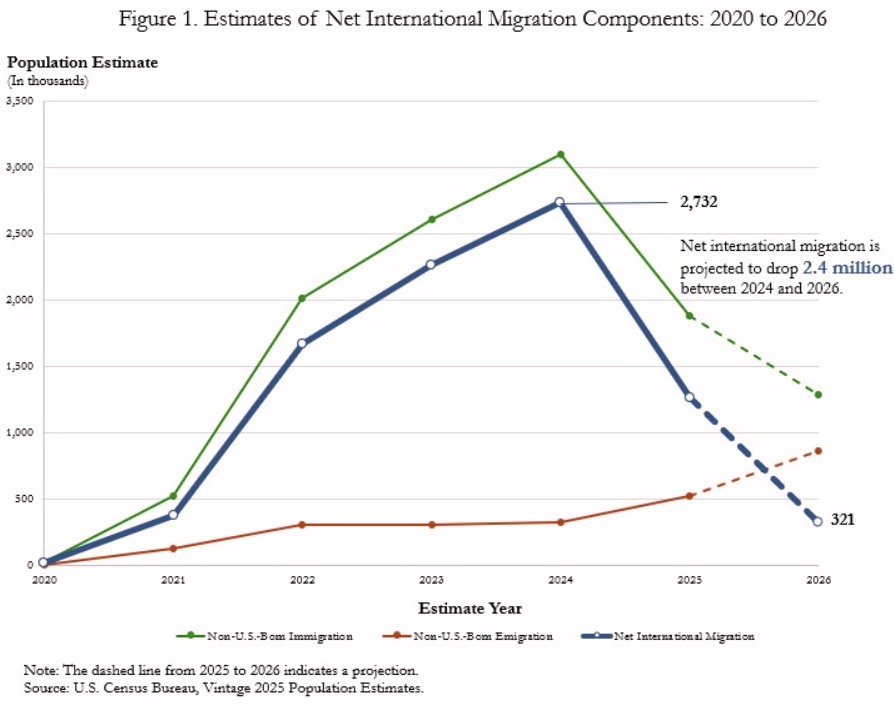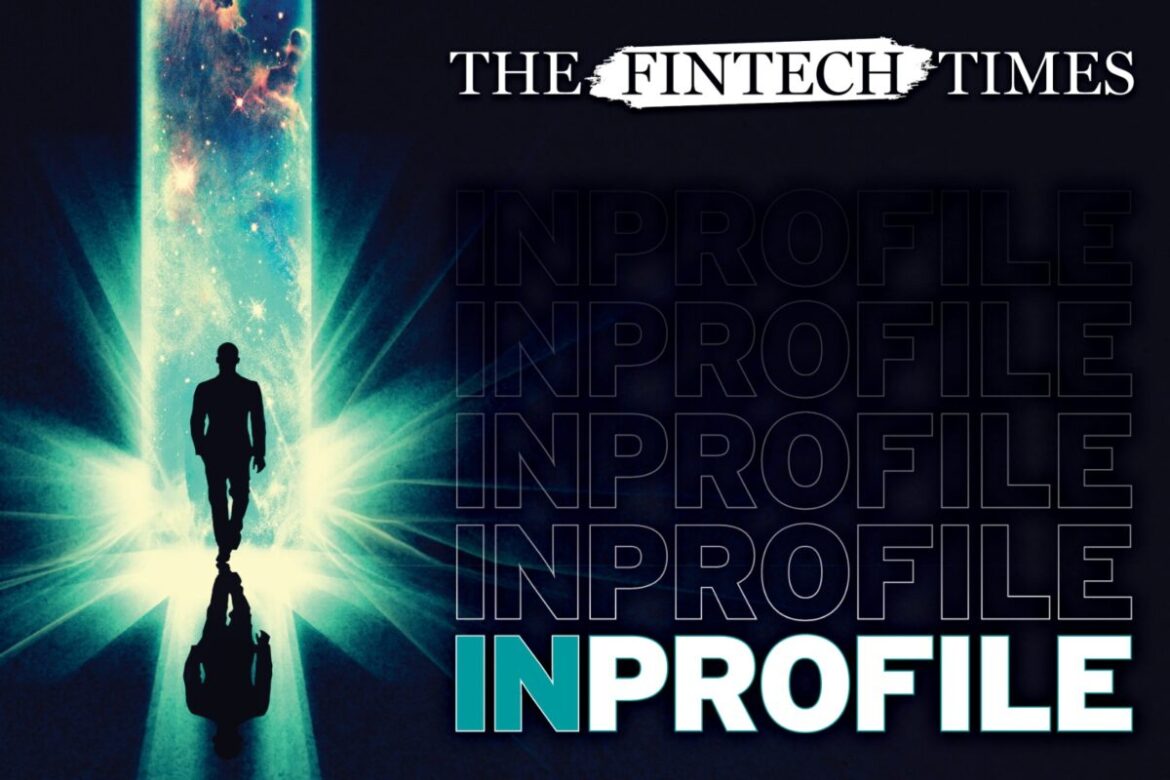In H1 2023, only 2.2 per cent of venture capital deals were completed by female-driven fintechs: a harsh drop from 4.9 per cent in 2022. Highlighting ways in which this alarming gap in investment can be closed, we spoke to Vivi Friedgut, founder and CEO of Blackbullion.
A former wealth manager, Friedgut is a regular public speaker, author and passionate advocate of fintech for good. She was also named in FinTech Magazine’s Top 100 Women. To understand more about her career and the importance of financial education and inclusion in fintech, we sat down with Friedgut to learn about the financial wellbeing platform, Blackbullion and how it is democratising finance.
Tell us more about your company and its purpose
Blackbullion is the financial wellbeing platform that houses UK support funds, scholarships and grants for students. We partner with over 75 universities, colleges and businesses across the UK, Ireland, Australia, New Zealand, and South Africa to proactively support student financial wellbeing. Today, over 1.2 million students can access Blackbullion’s platform.
Our vision is to become the all-in-one money management space for students that supports them before, during and after their studies. Ultimately, helping every student to develop financial skills and confidence for life.
What are some of your recent achievements you’d like to highlight?
Our Funds Management System (FMS) was designed to power financial inclusion and revolutionise access to funding. It’s a fully customisable fintech solution that simplifies and accelerates how students discover and apply for funds. It’s evolved into a world-class application system that’s truly student-centric, genuinely helpful, fun and easy to use. So far we’ve awarded over £20million in funds to students via our FMS.
My team! We’re 26 as I write, and growing. It’s just a hugely talented, dynamic group of people that believe deeply in what we’re trying to achieve.
How did you get into the fintech industry?
Financial education has always been an obsession for me. I started my career in finance as a wealth manager, spending almost a decade managing the wealth of high-net-worth families and individuals. I noticed how the clients who understood money – had a degree of financial literacy and education – made this work for them. But as I helped the wealthy become wealthier, I wondered what would happen if financial education was accessible to everyone? That nugget became Blackbullion.
As the business evolved, I could see the value of extending the impact of financial education using the best of fintech as a powerful mechanism to help people.
What’s the best thing about working in the fintech industry?
The dynamism and innovation in fintech is unlike what I’ve seen in other sectors. It means it’s possible to make changes that are implementable, wide-ranging and rooted in a solid data foundation. Which is what we needed to bring to power the change Blackbullion wants to make.
The sector is rich in partnership opportunities and there’s more ease around collaboration. I’ve always believed that collaboration is a great way to accelerate your mission. This year saw us launch partnerships with both Bud and Currencycloud and we’re looking forward to developing this workstream more in 2024.
What frustrates you most about the fintech industry?
Historically it’s been about how you make money cheaper and faster. Coming into fintech from edtech too, I found it less mission-driven. Or that brands find it harder to tell their mission story. I don’t think you can succeed as a fintech if you’re not making your customers’ lives better. I’d like to see more in fintech for good, for sure.
How have your previous roles influenced your career?
I set up my first business teaching neighbourhood kids maths when I was six; every step I’ve taken has moved me to this point. Obviously, my time as a wealth manager gave me the spark of the idea around financial inclusion through financial education.
They say that starting a business is the biggest self-development journey you can go on. As a founder too, there’s been so much learning as the company’s grown: one minute you’re managing a HR issue, the next you’re looking to close a round of funding.
Ultimately, I started Blackbullion as the founder of an edtech startup and I’m now CEO of a fintech scale-up that operates in five countries. The company’s growth and my career path have influenced each other.
What’s the best mistake you’ve ever made?
Refusing to get a male co-founder despite being advised to at many crossroads points in Blackbullion’s story. I’ve always had a very clear vision of where I wanted to take the company and I was concerned a co-founder would dilute that. I don’t think we’d be where we are today if I’d gone down that route.
I have a track record of making seemingly controversial decisions. Such as, acquiring The Scholarship Hub two years ago in the middle of a funding round. It’s an incredibly promising revenue stream and it further amplifies our mission and reach all while taking us into the global talent space as well as integrating social mobility into our financial inclusion goals.
What has the future got in store for your company?
Our goal is to become a globally recognised financial wellbeing brand, as we strive to build a culture-driven business and expand our scholarship proposition.
Our Funds Management System underpins so much of what we do as we create a future-proof, truly digital end-to-end solution to support students to discover, apply for, and receive funding.
More efficiently distributed funding – with embedded education – is a solution that has applications far beyond education. Everything from small emergency funds at university all the way to universal credit is where this could go.
What are the next key talking points or challenges for your industry as a whole?
Fintech has had a really good run. But ultimately, the deal environment has slowed down considerably in the last two years. While we’re still seeing businesses secure funding, extensive due diligence and longer cycles are very much at play – with much lower multiples. I think 2024 will start to turn the tide but not till the second half or later.
We are going to see founders and teams double down on efficient user acquisition strategies, the employee experience, and revenue growth. As the sector “grows up” it will focus even more on critical metrics and less on vanity awards or spot-the-next-unicorn. Fintech will stop being the fun, rebellious little cousin and become more of a legacy player, albeit a more user-centric one. Fintech will take the financial services forward, and challenge the status quo to truly engage with the next generation of customers.




































